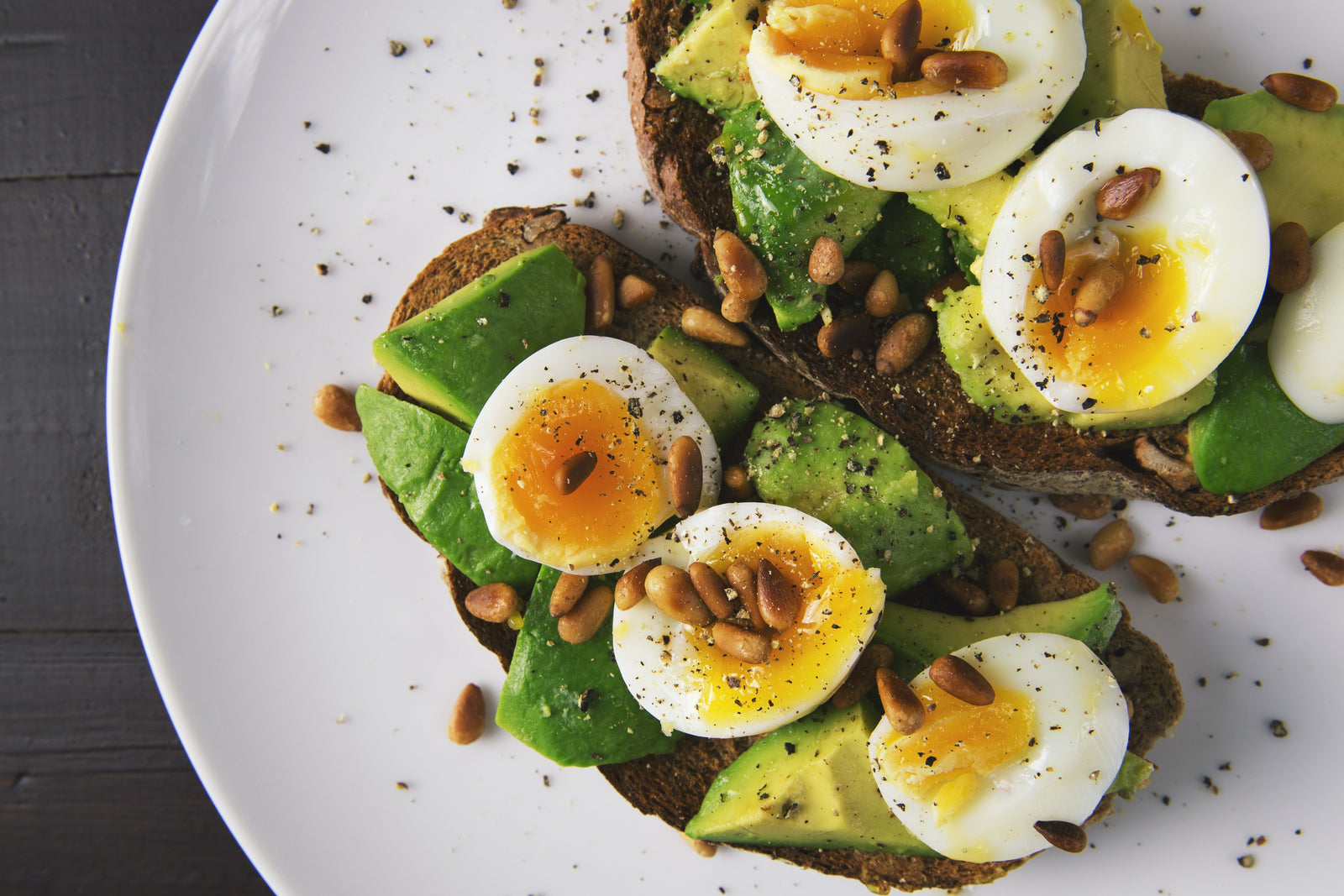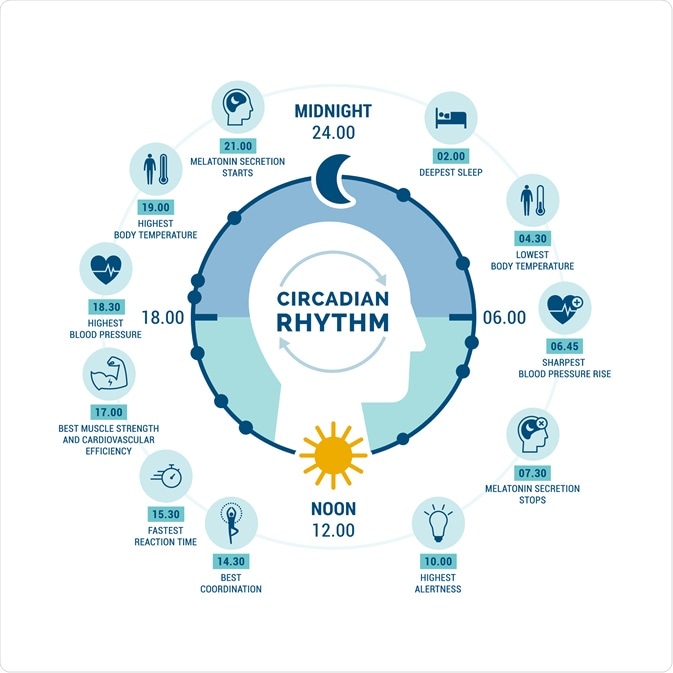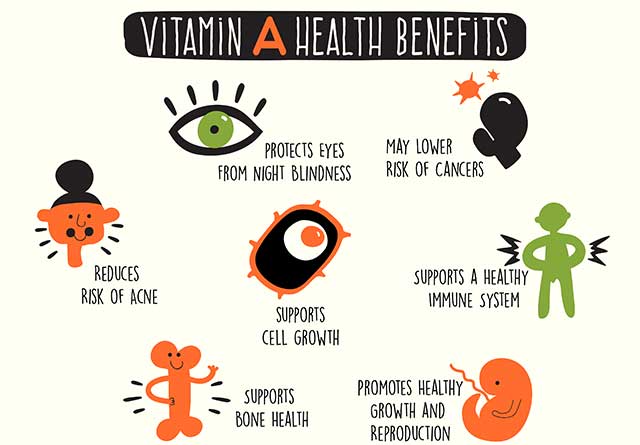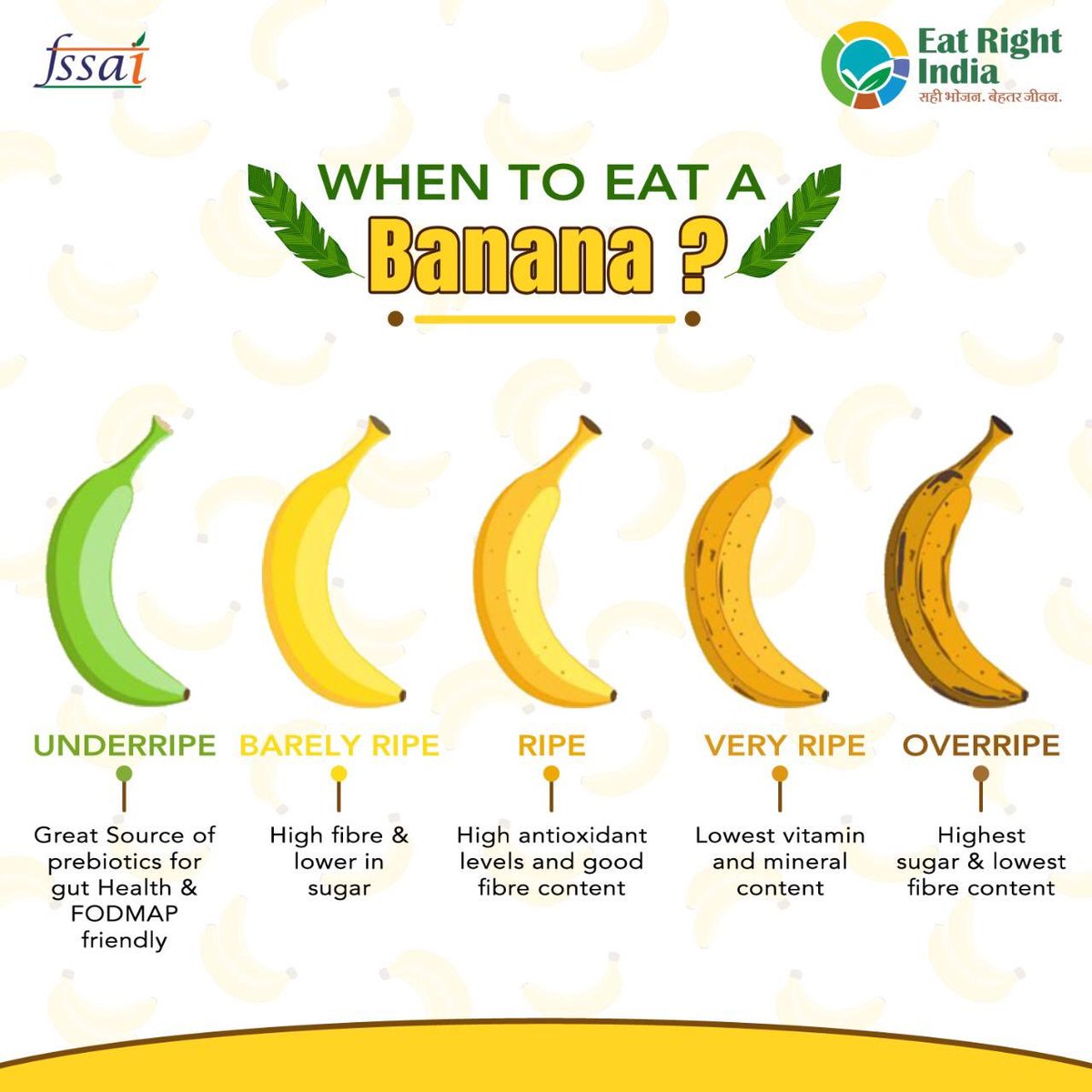You’re likely aware that what you eat before bed affects your sleep quality. For example, consuming refined carbs before bed is thought to cause insomnia.
But what you eat first thing in the morning is just as important when it comes to your sleep quality and overall health.
For example, did you know that people who regularly eat breakfast have a lower risk of both type 2 diabetes and obesity?
However, only around 35 percent of people in the United States eat breakfast daily.
Your body needs an adequate breakfast to replenish energy stores and tackle the day with ease.
Moreover, eating breakfast influences your internal clock, or circadian rhythm, which helps prepare you for quality sleep once the day comes to an end.
Therefore, preparation for a quality night’s rest starts as soon as you roll out of bed with your first meal of the day.
The Most Important Meal of the Day?
As its name suggests, breakfast breaks our fast from sleeping.
This replenishes glucose levels to help increase energy and alertness. By selecting nutrient-dense breakfast foods, optimal health and energy levels follow.
What’s more, eating breakfast offers a cue for our internal clock (AKA our circadian rhythm) to prepare for the day ahead, setting the scene for better sleep after nightfall.
When we stabilize blood sugar, we stabilize energy. If you’ve ever heard that eating carbs before bed is bad, the same is true for eating carbs right after waking. Simple carbs, that is.
The best breakfast selections include foods filled with nutrients and protein rather than sweet treats and simple carbohydrates.
We’ve rounded up seven of the best breakfast foods to optimize daily energy levels and achieve your best sleep yet once the day comes to a close.
Whatever you’re eating, adding almonds to your breakfast meal is a surefire way to hit the ground running.
1. “Go Nuts” With Almonds
Almonds are a wonderful source of dietary fiber, monounsaturated fats, high-quality protein, and B vitamins.
They’re also packed full of the hormone melatonin, which is known to help you sleep better come nightfall.
In fact, sleep expert Dr. Nerina Ramlakhan recommends eating eight almonds every morning within 30 minutes of waking up, according to her book "Tired but Wired.”

What’s more, she suggests adding two dates with the almonds for an even larger melatonin boost.
Since dates are rich in natural sugars, the combination of these fruits with protein and antioxidant-packed almonds speeds up the metabolism while stabilizing blood sugar.
As a result, you’ll be able to better convert your food into energy, helping you start the day with the energy boost you need.
Simply add almonds to your morning granola or yogurt or eat them on their own for a light, quick jump-start to get your metabolism going.
If you’re an avocado lover, you’re in luck. They’re just as nutritious as almonds when it comes to starting your morning on track.
2. Avo Nice Day
Avocados contain loads of fiber, helping to stabilize blood sugar to avoid blood sugar spikes and crashes known to interfere with our energy levels and sleep quality.
High blood sugar before bed makes it challenging to fall and stay asleep by increasing cortisol and adrenaline levels responsible for insomnia.
By setting the scene for the day with fibrous foods, we make it easier to keep blood sugar stable into the night for quality sleep.
Avocados also contain carotenoids like beta-carotene. Within the body, beta-carotene converts into vitamin A, also known as retinol.
Vitamin A is essential for good vision, strong immunity, healthy skin, mucous membrane maintenance, and more.
Avocados are also known for boosting alpha-carotene levels associated with better sleep.
What’s more, rich fiber and phytosterol content in avocados promote stronger joints while preventing cancer, cardiovascular disease, and metabolic syndrome.
In summary, avocados are a superfood that can be enjoyed alone or added to any dish for better overall health and top-notch sleep.
Slice some onto whole-grain toast, toss some into a smoothie to create a creamy consistency, or pair some with your eggs for an added boost.
Speaking of eggs, incorporating them into as many of your mornings as possible is key for enhanced sleep.
3. Eat an Egg-celent Breakfast
Eggs are a top source of tryptophan, which plays a huge role in the production of the feel-good hormone serotonin.
Tryptophan has been proven to impact mood, memory, cognition, learning, and sleep.
In fact, some research trials have suggested that tryptophan may be successful when it comes to treating sleep disorders, seasonal affective disorder (SAD), and anxiety.
That said, although tryptophan is necessary for mood, cognition, and behavior regulation, it has the lowest concentration of any amino acid in the body.
@somnifix Extreme #fatigue after eating? 🍩🍔🌮 3 causes of your post meal slump include a hidden #foodintolerance , #bloodsugar dips , & certain foods (such as those high in #tryptophan ♬ Bloody Mary - Lady Gaga
Thankfully, eggs offer a simple, quick way to load up on tryptophan. One large egg only contains 77 calories while packing a punch of 6 grams of protein and 5 grams of fat.
Moreover, eggs contain small amounts of nearly every nutrient required by the human body, such as calcium, iron, potassium, zinc, and more.
Whip up an omelet, enjoy boiled eggs for convenience, or create your own scrambled egg concoction to wake up on the right side of the bed and set the stage for a good night’s rest.
Grab a banana on your way out of the door for a surge of energy on the go.
4. Peel Your Best With Bananas
Bananas are nature’s best fuel when you’re on the run.
Think about it: they’re pre-packaged in a convenient peel that also doubles as a handle. Grab one on the way out of the door to enjoy at any point in your morning and your sleep will thank you.
These potassium-packed fruits are rich in sleep-boosting nutrients like magnesium, tryptophan, vitamin B6, and potassium, all of which have been linked to better quality rest.
Bananas also offer a great source of fiber, helping to slow the release of sugar into the bloodstream, keeping you fuller for longer.
What’s more, a large banana can provide up to 33 percent of our daily vitamin C needs.
With this in mind, try to eat bananas before they become overripe, as their vitamin and mineral concentration begins to dip at this stage.
If you have extra time, add some sliced banana to oatmeal for a wholesome, hearty morning meal.
5. T-Oat-Ally Boost Your Sleep
Oats offer a wholesome source of complex carbohydrates that are slow to digest, helping to keep you full and energized for extended periods of time.
They’re easy to prepare and boast huge benefits for sleep hygiene: they’re rich in magnesium, calcium, phosphorus, and potassium, all of which are known to support sleep.
Skip on the instant oatmeal packets filled with processed sugar known to cause blood pressure spikes and drops that lead to fatigue.
Instead, opt for steel-cut oats and add your favorite toppings like bananas, blueberries, peanut butter, strawberries, or coconut.

Your heart will thank you, too. According to the American Heart Association, oats may help to lower the risk of heart disease by helping to decrease cholesterol and assist in weight control.
They’re not just a solid breakfast option either. If you’re actively trying to avoid simple carbs before bed, oats serve as a filling post-dinner snack to keep you feeling satisfied.
However, if you’re not breathing properly while you sleep, it won’t matter what breakfast foods you start your day with or what you eat at any other meal.
Mouth breathing is dysfunctional breathing – and it’ll ruin your sleep quality.
Stop Eating Air: Switch From Mouth Breathing to Nose Breathing
What you choose to put in your mouth affects how you feel and how well you sleep. Whether or not you use your mouth to breathe does, too.
Our noses warm, filter, and humidify our breath. Our mouths don’t. Moreover, mouth breathing is over breathing, which leads to poor oxygenation, snoring, and more.
When we mouth breathe during sleep, airway tissues fall backward and vibrate against one another, leading to snoring.
Snoring disrupts sleep and may even lead to sleep disorders like sleep apnea over time.
Therefore, by nasal breathing while you sleep instead of mouth breathing, you’ll stop snoring in its tracks and improve your sleep quality immensely.
There’s just one issue: how do you ensure you’re nasal breathing if you’re asleep? You tape your mouth shut before you go to bed.
No, we’re not joking. The mouth was made for eating while the nose was made for breathing.
By taping your mouth shut before bed, you’ll ensure nasal breathing all night long for your best sleep yet.

Before you grab any tape you may have lying around, be warned that the adhesives in most tapes aren’t skin-safe. That means irritation, rashes, and uncomfortable adhesion.
SomniFix, on the other hand, was created with skin-safe, hypoallergenic materials free from both latex and gluten.
Our strips also feature a patented central breathing vent that allows for emergency mouth breathing if you happen to become congested overnight, so you can rest easy.
Seal your lips while you rest and wake up to your most refreshed mornings yet with the help of SomniFix!






